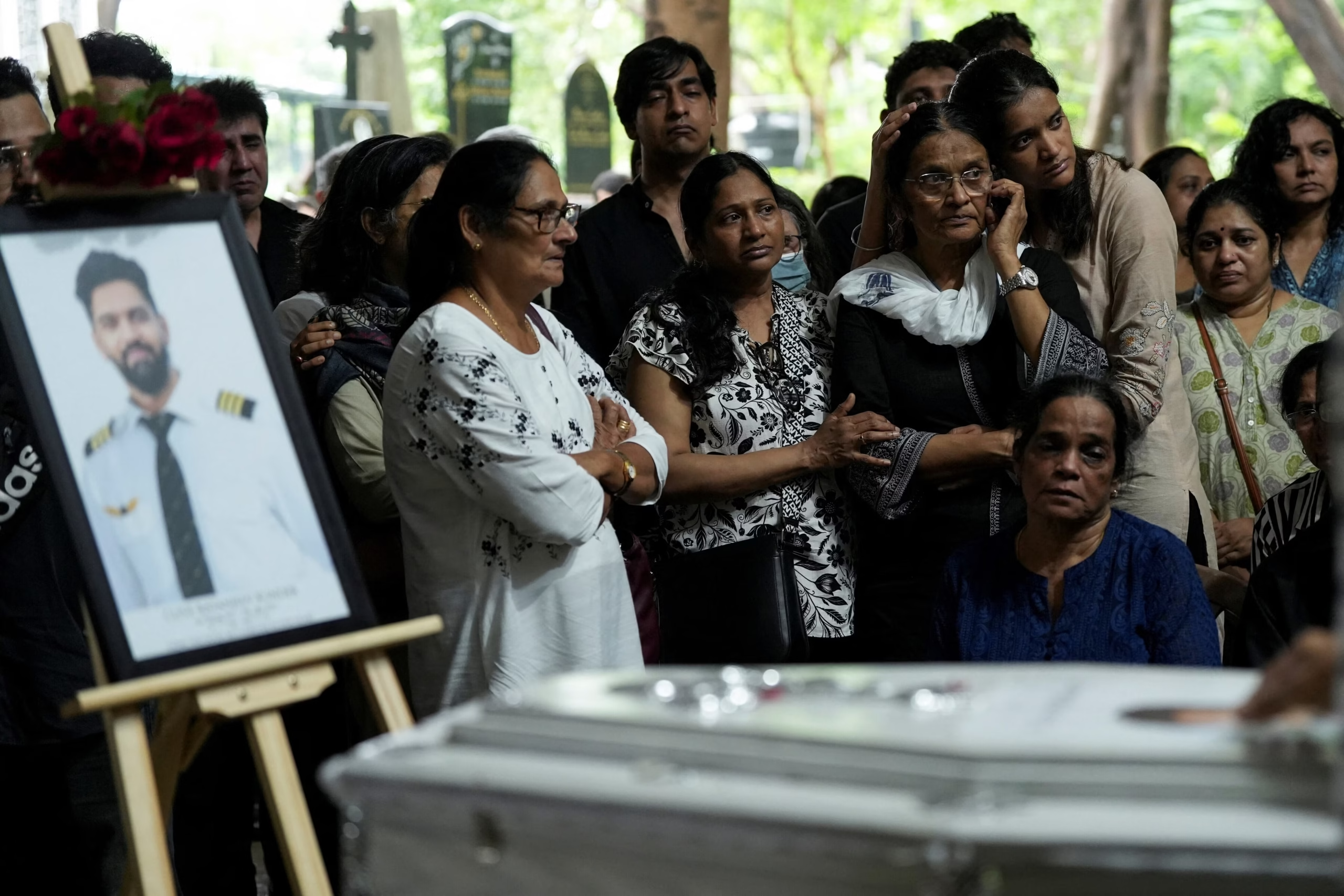Now Reading: Ahmedabad Plane Crash: 215 DNA Matches Confirmed, 198 Victims Handed Over to Families
-
01
Ahmedabad Plane Crash: 215 DNA Matches Confirmed, 198 Victims Handed Over to Families
Ahmedabad Plane Crash: 215 DNA Matches Confirmed, 198 Victims Handed Over to Families

Weeks after the devastating plane crash in Ahmedabad, authorities have successfully matched 215 DNA samples, allowing 198 bodies to be returned to grieving families. The massive identification process has offered a measure of closure, but the tragedy has left behind lasting scars. As India processes this national shock, cities across the country—including Tier 2 regions—are reflecting on aviation safety and emergency preparedness.
Identification Process Nearing Completion
Authorities have confirmed that out of the total DNA samples collected from the crash site, 215 have now been successfully matched. These efforts have helped in identifying 198 deceased victims, whose remains have since been handed over to their families for final rites.
A Long Wait for Closure
For many families, the wait was emotionally exhausting. Some had to provide multiple DNA samples and wait weeks for confirmation. The official process was carried out with the help of forensic experts, using advanced testing methods to ensure accuracy.
Emotional Reunions and Final Goodbyes
Scenes outside the morgues and hospitals in Ahmedabad have been heart-wrenching. Families traveled from various parts of the country—including Tier 2 cities like Surat, Nagpur, Indore, and Lucknow—to collect the remains of their loved ones. In many cases, entire communities came together to hold last rites.
Safety Questions Raised Again
The crash has reignited concerns over flight safety, pilot readiness, and aircraft maintenance. Though investigations are still ongoing, civil aviation experts believe this incident should be a wake-up call for regulatory authorities and private carriers.
Support for Families Underway
State and central governments have announced financial support for the victims’ families. In Tier 2 cities, where many victims hailed from middle-income backgrounds, the compensation is crucial for rebuilding lives after such an unexpected loss.
Air Travel Anxiety on the Rise
Following the crash, many Indians—especially first-time flyers and families from smaller cities—are expressing growing fear of air travel. Travel agents and airport officials have reported increased inquiries about flight safety and emergency procedures.
Counselling and Mental Health Measures
Hospitals and NGOs in Gujarat and other regions have started offering grief counselling for families affected by the crash. Mental health professionals say that long-term psychological impact is expected, especially among children and spouses of the deceased.
Conclusion:
The Ahmedabad plane crash has not only claimed lives but also shaken the confidence of flyers across India. With the identification process nearing its end, families are finally getting the chance to say goodbye. However, the larger issues around aviation safety and emergency response still remain. For Tier 2 cities, where access to high-level resources is often limited, this tragedy serves as a powerful reminder that preparedness and accountability must be priorities moving forward.
























